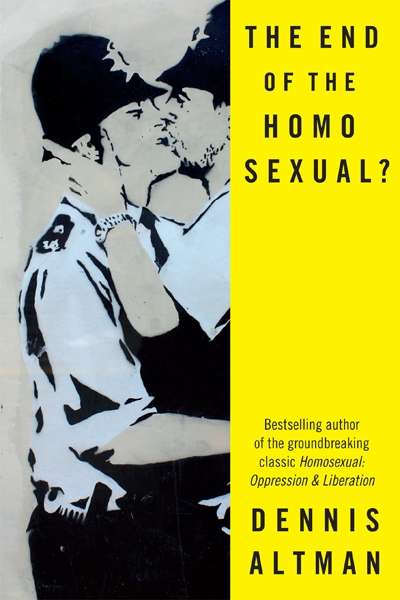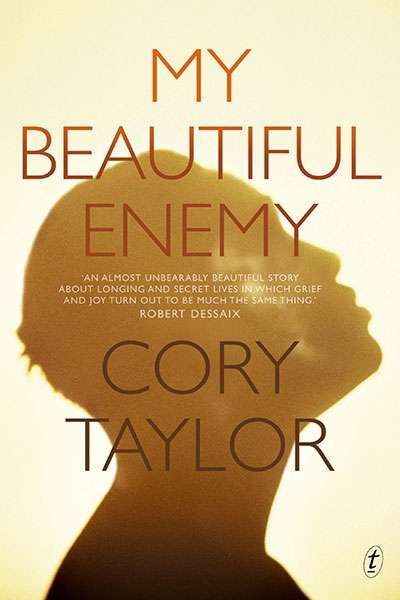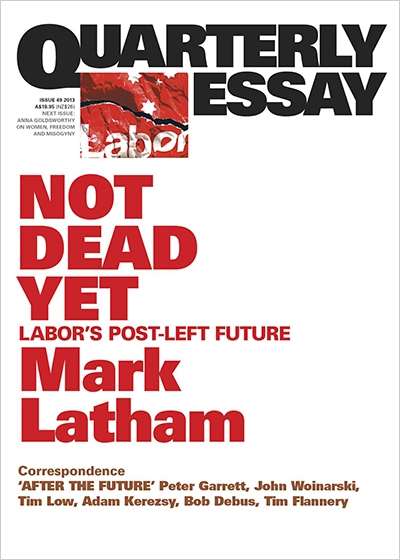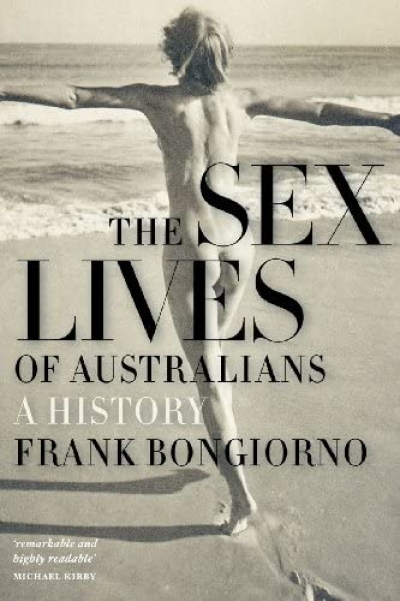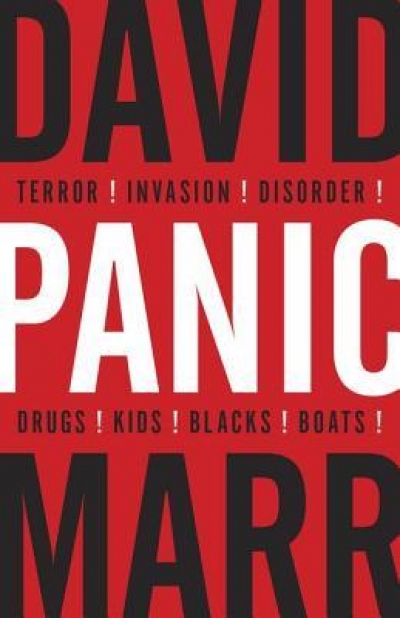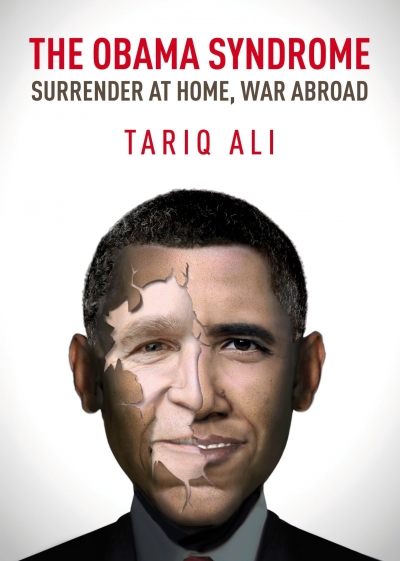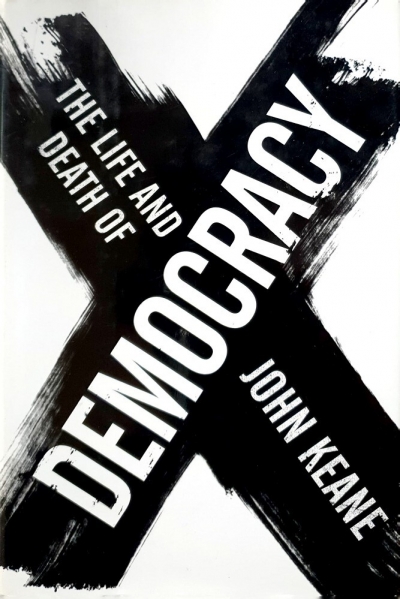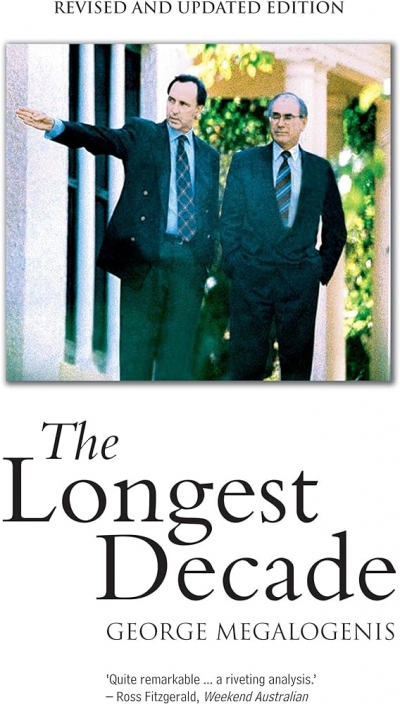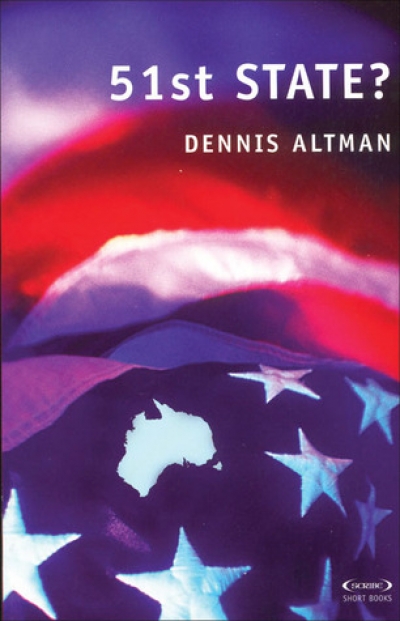Dennis Altman
Not Dead Yet: Labor’s Post-left Future (Quarterly Essay 49) by Mark Latham
by Dennis Altman •
The Sex Lives of Australians: A History by Frank Bongiorno
by Dennis Altman •
Oz Lit at Melbourne University
Dear Editor,
The English program at the University of Melbourne has offered courses on Australian literature every year since 1982, when it was first introduced as a full seminar subject. Stephanie Guest’s article in last month’s issue of ABR, ‘Oz Lit in the Moot Court Room: Finding Australian Literature at the ...
The Obama Syndrome: Surrender at Home, War Abroad by Tariq Ali
by Dennis Altman •

